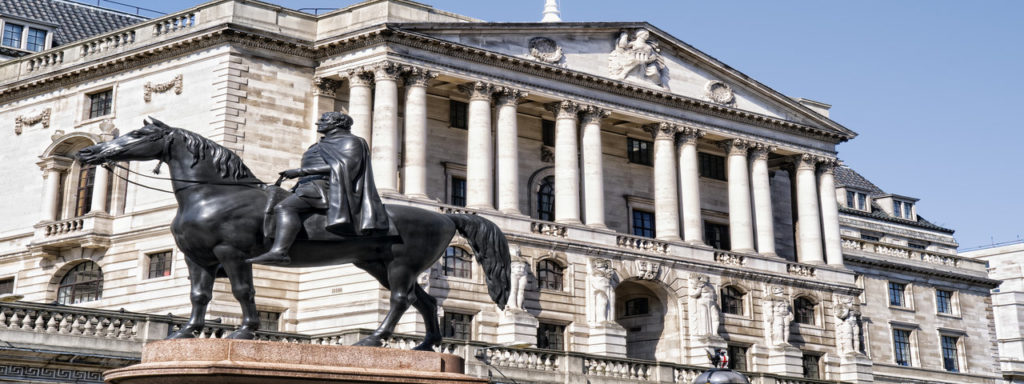Location
Venue:IEA, 2 Lord North Street, London, SW1 (door on Great Peter Street)
Address:
An Occasional Lecture, by Prof George Selgin
Time:
- 03/03/2011
18:30
George Selgin is the author of The Theory of Free Banking: Money Supply under Competitive Note Issue (1988), Less Than Zero: The Case for a Falling Price Level in a Growing Economy (1997), and Good Money: Birmingham Button Makers, the Royal Mint, and the Beginnings of Modern Coinage (2008).
Location
Venue:IEA, 2 Lord North Street, London, SW1 (door on Great Peter Street)
Address:

